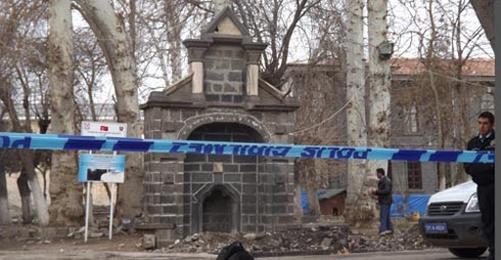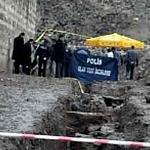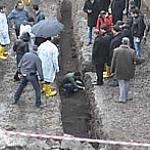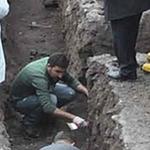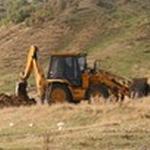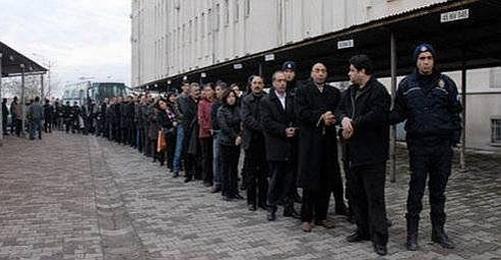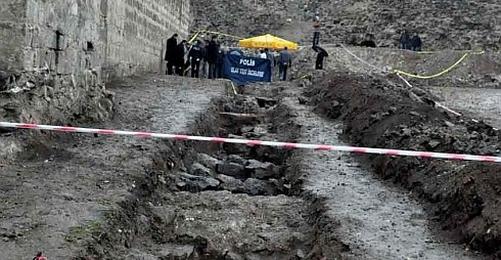19 skulls were found in the mass grave on the premises of the Group Command of the clandestine Gendarmerie Intelligence Anti-Terrorism Unit (JİTEM) in the historical Saraykapı district of Diyarbakır, a Kurdish-majority city in south-eastern Turkey.
In the beginning, six skulls were found during restoration works carried out in the İçkale area in Saraykapı in the middle of January. The police was informed and the public prosecutor and the police officials who came to the working area suggested that the excavation should be started with work machines.
The Diyarbakır Board for the Preservation of Cultural Heritage considered the application regarding the use of work machines since the excavation was going to be done in a historic area protected by the state.
The related board meeting was also attended by Special Authority Public Deputy Chief Prosecutor Ahmet Karaca. It was decided that the works should be carried out with archaeological methods.
The archaeological works were paused when a skull was found during the restoration works on 11January.
On Monday (23 January), the Minister of Food, Agriculture and Livestock, Mehmet Mehdi Eker, visited the excavation site and announced that the number of skulls found increased to 19.
Eker said, "The position of the bones show us that the bodies were not buried according to religious rules. An analysis will determine the age of the bones".
"Our right to information is restricted"
The Human Rights Association (İHD) Diyarbakır Branch has been closely following the excavation works from the beginning. The branch criticized that despite applications of numerous families the right to information was being obstructed.
İHD Diyarbakır Branch Secretary Raci Bilici announced that till now 27 families applied. He expressed his lack of understanding regarding the prosecutor's decision of confidentiality on the issue.
"What are they hiding and from whom", Bilici questioned. He claimed that that period in the past was marked by atrocity and that many families applied to them in order to shed light on those incidents.
"We are going to have a meeting with the prosecutor's office on this topic. We will say that we do not accept such a decision and that we request to be involved. We will not accept that no information was given to our institution for such a reason although dozens of families applied to us" Bilici criticized the obstruction of information. (AG)




